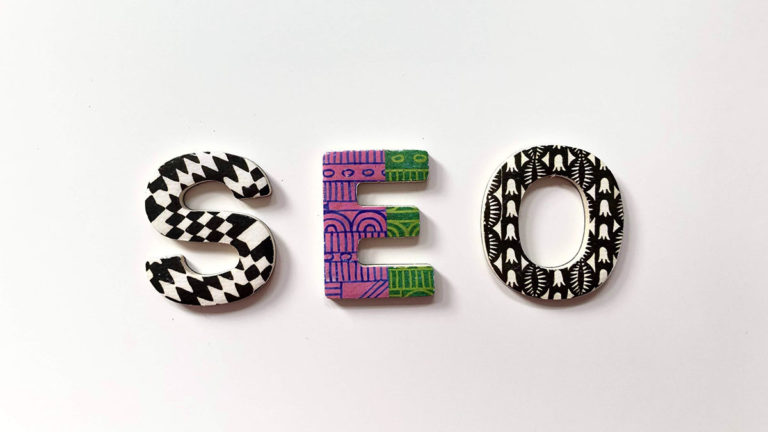
One of the questions that we get asked the most frequently on social media platforms like Quora and Reddit is: which crypto wallet is the best to use?
What we’ve noticed at CryptoMarketeer is that a lot of people tend to recommend high-end physical hardware wallets as wallets that everyone should use. While we definitely agree that there are a lot of plus points in terms of security, we believe that every person is unique and they should first understand what they want to use their crypto for, and what is the more likely frequent activity they will conduct with crypto first. This will then help determine which wallet is suitable for you.
Take into account that many new wallets have also become available in recent years, and it can be a bewildering choice to make for crypto newbies.
As such, we’ve decided to compile a list of some of the most popular crypto wallets available in the market, comparing each of them in terms of features. We then round up which type of person or usage we believe the wallet is best suited for. Naturally, you should always do your own research and find out on your own which is best for you.
Trezor (Model T)
We’ll start out with what is typically recommended as a secure hardware wallet for crypto and let us say that it’s difficult NOT to agree with this particular piece of hardware in the Trezor Model T.
It’s been around for a long time, it’s almost fully open source (they have plans to make it fully open source but for most people, this may not matter), and it hasn’t been hacked before. The price tag puts this wallet on the high-end list but for just under $200, you have a secure offline storage for crypto that also supports most major cryptocurrency, so you don’t need a separate wallet for your entire crypto portfolio. Being able to store 1,600 supported crypto tokens is a huge plus especially since it has integrations with Changelly and Shapeshift.
Suitable for: A crypto veteran who wants a secure storage for a diverse crypto portfolio.
Not suitable for: Newbies. The learning curve is a bit steep, and you need to KYC on large purchases with the integrated exchanges.
Ledger (Nano S)
The oldest cold storage wallet on this list, Ledger comes at a lower price threshold, and also supports thousands of crypto but does not have the unlimited storage (max 18 wallets) nor the accessibility of Trezor (simply because it doesn’t come with USB-C and Bluetooth is not default). In other words, not easy to access on the go on mobile, for example.
But if you want offline secure storage for a start, $59 is relatively cheap as an entry point.
Suitable for: Experienced crypto users who don’t need to access crypto on the go.
Not suitable for: People who frequently want to access their crypto on modern mobile devices. People who have a lot of crypto as you need to delete wallets to make space for more on Ledger.
Coldcard (MK3)
Coldcard is a relatively new player in the space, launching the MK 3 in October 2019. Since then, it has gained recognition by some as the most secure form of Bitcoin-only cold storage wallet. Why? Because of its primary focus on usability.
Unlike Trezors and Ledgers, the MK3 is huge, almost calculator-bulky (and looks like one). It also has a way more complicated use of simple things like signing transactions. Whereas on Trezor or Ledger, or Electrum, you only need to enter your password, on an MK3, you can opt to use entirely offline signing from transactions saved to microSD card before broadcasting the transaction through a third-party wallet.
It also has a self-destruct function via a “brick me” PIN, which will automatically destroy the secure element on the device if entered.
Suitable for: Bitcoin maximalists who want nothing but a secure Bitcoin-only wallet that even has a “SHOOT THIS” mark to show you where to shoot it if you need to destroy it.
Not suitable for: Casual users who really just want a secure wallet but not something unwieldy.
NGRAVE
Security taken a step further seems to be the motto of another newcomer to the wallet scene, Ngrave. It is designed to be used completely offline, so has no way to connect to the internet or even run apps. A true air gapped solution you might say. Instead, it communicates entirely via QR code.
The downside? It’s the only closed source wallet on this list, so you have to trust that it does what it says (it says it has intentions to make the firmware open source eventually). And in crypto, trusting companies isn’t really something people like doing.
Suitable for: Paranoid crypto holders who never want their wallet to touch any other device or go online. That paranoia shouldn’t extend to NGRAVE makes though…
Not suitable for: People who believe they should trust open source wallets and who actually like the convenience of connecting wallets to the Internet.
Electrum
Electrum is almost as old as Bitcoin itself, and is what we recommend as the best Bitcoin wallet to use overall simply because: it’s free, it’s completely open source, it’s always among the first to support new Bitcoin upgrades (like native Segwit addresses, for example), and has an active developer that’s quick at patches.
For such a light client, it’s surprisingly powerful, with features like coin control (spend inputs precisely how you want), pay-to-many, and now even Lightning integration, it is probably the client that lets you use the full features of Bitcoin properly. It integrates well with Trezor and Ledger, and even has a mobile app (that’s a bit clunky though).
Suitable for: Power Bitcoin users who want full control over their usage.
Not suitable for: Altcoin users and newbies as bare-bones interface might seem off putting.
Bitamp
Bitamp is a web wallet and therefore, may be the least secure Bitcoin wallet on this list, but we believe it deserves a worthy mention because it’s probably the most sophisticated free and open-source web wallet out there.
Each wallet supports all three types of Bitcoin addresses (legacy, p2sh, and native Segwit), also allows for some coin control and fee optimization. Best of all, it’s accessible offline and on any browser, meaning it’s easy to create and use one in seconds on any phone or mobile device.
Suitable for: Complete newcomers who want to experience a Bitcoin wallet in a few clicks, or for hot wallet users who need a single-use throwaway wallet.
Not suitable for: Crypto storage. Web wallets are vulnerable to compromised browsers or devices.






